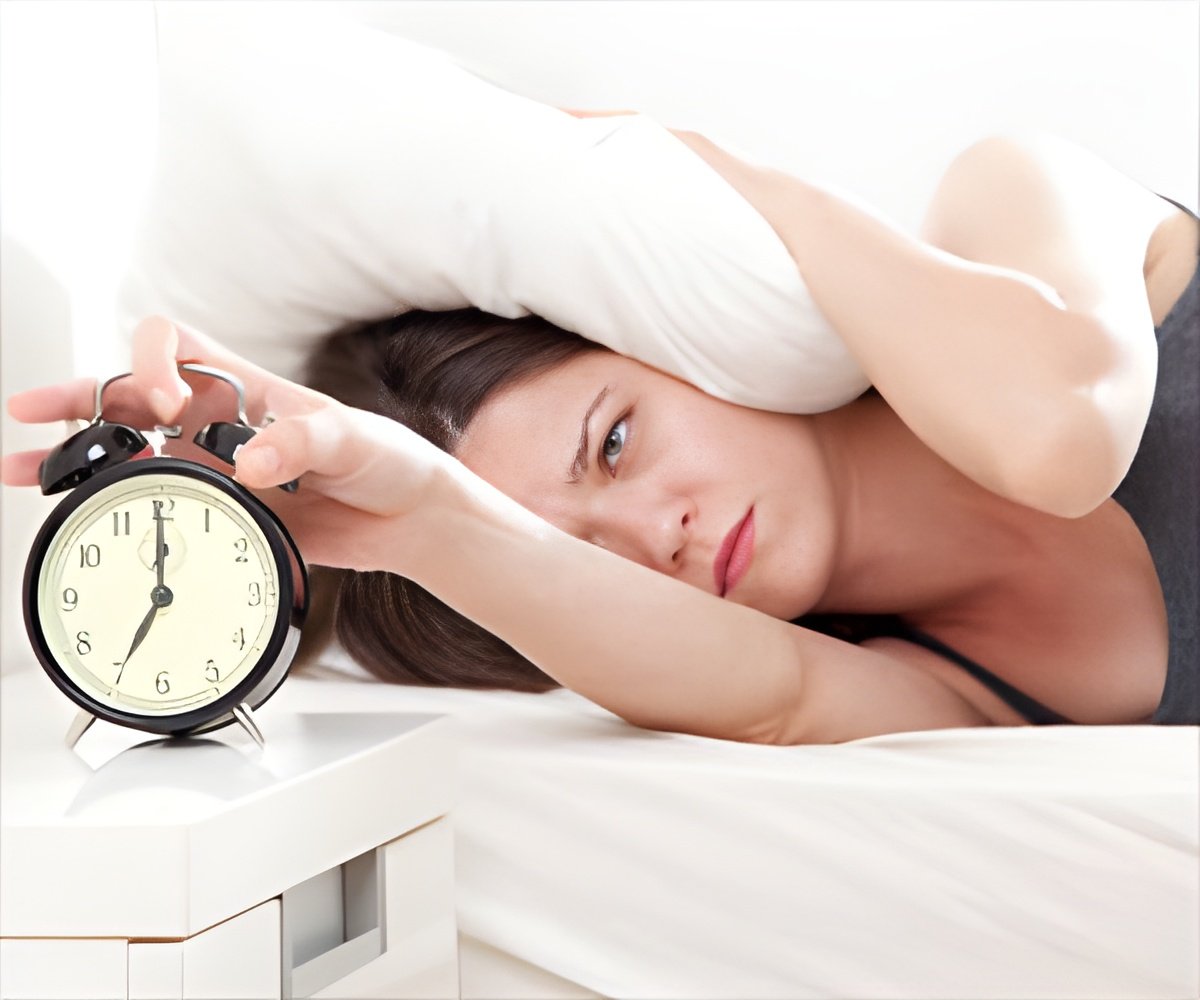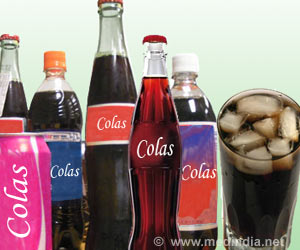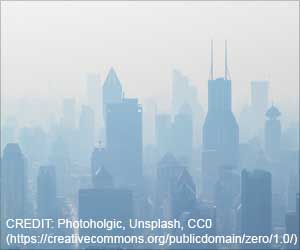People who sleep for less than five hours a day may seek out caffeinated sugar-sweetened beverages to increase alertness and stave off daytime sleepiness.

- Consumption of sugary caffeinated beverages high among people who sleep for less than five hours a night.
- Sleep deprivation is associated with increased risk of metabolic disease.
- People who sleep for less than five hours a night are more likely to drink sugar sweetened beverages.
"This data suggests that improving people's sleep could potentially help them break out of the cycle and cut down on their sugar intake, which we know to be linked to the metabolic disease."
Consumption of sugary beverages has been linked to metabolic syndrome, which is a group of disease that includes high blood pressure and type 2 diabetes. Sleep deprivation is also linked to higher risk of metabolic disease.
Recent studies have linked both sleep deprivation and consumption of sugar-sweetened beverages in school children. Children who sleep only for few hours a night are more likely to drink soda and other sugary beverages during the day, said Prather.
Link Between Sleep Deprivation and Consumption of Sugar-Sweetened Beverages The researchers conducted a study to understand whether the lack of sleep and sugar beverage consumption is a more general pattern in the adult population.
The participant's sleep duration for a week and their total consumption of beverages such as caffeinated and non-caffeinated sugar-sweetened beverages, fruit juice, drinks with artificial sweeteners, and plain coffee, tea and water were analyzed.
Participants who slept for six hours a day consumed 11 percent of more caffeinated and sugar-sweetened beverages during the day. However, there was no association between sleep duration and consumption of juice, tea or diet drinks.
Previously conducted studies have shown that sleep deprivation increases craving for sugary and fatty foods.
"Short sleepers may seek out caffeinated sugar-sweetened beverages to increase alertness and stave off daytime sleepiness," he said. "However, it's not clear whether drinking such beverages affects sleep patterns, or if people who don't sleep much are more driven to consume them. Unfortunately, the data in the current study do not allow us to draw any conclusions about cause and effect."
“Sleep duration figures in the study were based on self-reporting, which might not accurately reflect the participants' true sleep patterns. It will be important to have additional studies with more objective measures of sleep such as EEG recordings or wearable sleep monitors," said Prather. "We also need long-term prospective studies to understand better how sleep and sugary beverage consumption affect one another over time."
"Sleeping too little and drinking too many sugary drinks have both been linked to negative metabolic health outcomes, including obesity," said Prather. "Given the likely two-way relationship between sugary drinks and short sleep, enhancing the duration and quality of sleep could be a useful new intervention for improving the health and well-being of people who drink a lot of sugary beverages."
Source-Medindia















